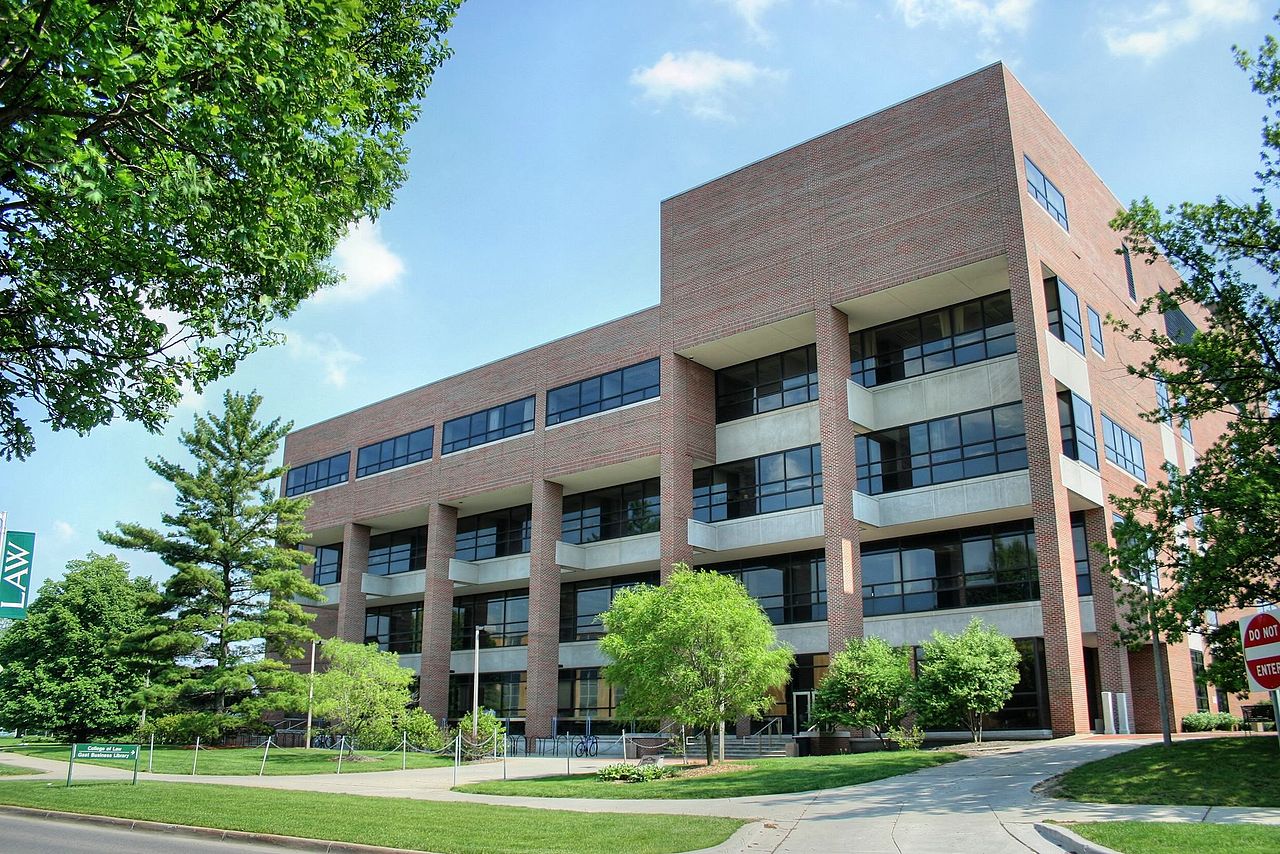What to consider when choosing a college
May 22, 2017
With the arrival of SAT results this spring, many RHS juniors once again find themselves contemplating— and stressing— about quickly approaching college application deadlines, as it can be difficult to decide exactly where to apply and send scores. Here are some major factors that should influence one’s higher learning decisions.
Finances: One of the most crucial and controversial decisions affecting one’s college decisions is the cost. In addition to looking at yearly tuition, students should analyze how their own decisions may impact the cost; for instance, in-state tuition generally cost less than out-of-state, and commuting from home is more affordable than living on campus. Also, those who aren’t able to afford the thousands of dollars college cost may need to research scholarships and financial aid offered at the schools they are interested in.
Environment: Diversity is a large concern for many students, especially those of minorities. One should look at the universities’ ethnic makeup, male to female ratio, and LGBT+ statistics. Also, one may want to consider the support programs, clubs and initiatives available on campus, including LGBT+ resources, sexual assault awareness measures, and religious organizations.
Academics: Perhaps one of the most difficult decisions for students to decide is what they want to major in. Students should at least consider whether that school offers majors they might be interested in, and what that particular school specializes in. Many schools do not offer a double major, which may be a deal breaker depending on what career a student wants to go into; for instance, if one wanted to pursue political journalism, he or she might major in political science and journalism. Students should also consider whether their school offers internships, class sizes, and the faculty to student ratio.
Athletics: For many student athletes, it can be difficult to decide whether or not to continue playing after high school. For those more serious about the sport, the level and division the team is in may be of importance. Also, the overall campus may be either more athletic or academically geared, so they should consider whether they would like to be involved in sports culture or not.
Location: The community the college is centered in should be an important factor, and whether it’s an urban or suburban environment. Also, one should look at the safety statistics of the city. For those attending school out of state, they should research the weather of not only the state or country, but the specific city they will be in. Finally, some schools offer study abroad programs, which allows students to learn in a variety of countries.







